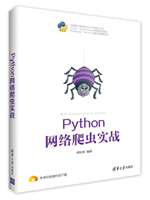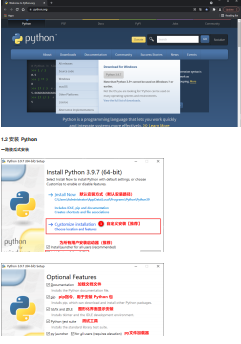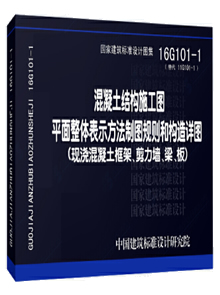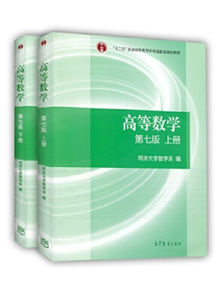给大家整理了相关的编程文章,网友相芝兰根据主题投稿了本篇教程内容,涉及到Python Thread虚假唤醒、Python 防止虚假唤醒、Python Thread虚假唤醒相关内容,已被561网友关注,下面的电子资料对本篇知识点有更加详尽的解释。
Python Thread虚假唤醒
什么是虚假唤醒
虚假唤醒是一种现象,它只会出现在多线程环境中,指的是在多线程环境下,多个线程等待在同一个条件上,等到条件满足时,所有等待的线程都被唤醒,但由于多个线程执行的顺序不同,后面竞争到锁的线程在获得时间片时条件已经不再满足,线程应该继续睡眠但是却继续往下运行的一种现象。
上面是比较书面化的定义,我们用人能听懂的话来介绍一下虚假唤醒。
多线程环境的编程中,我们经常遇到让多个线程等待在一个条件上,等到这个条件成立的时候我们再去唤醒这些线程,让它们接着往下执行代码的场景。假如某一时刻条件成立,所有的线程都被唤醒了,然后去竞争锁,因为同一时刻只会有一个线程能拿到锁,其他的线程都会阻塞到锁上无法往下执行,等到成功争抢到锁的线程消费完条件,释放了锁,后面的线程继续运行,拿到锁时这个条件很可能已经不满足了,这个时候线程应该继续在这个条件上阻塞下去,而不应该继续执行,如果继续执行了,就说发生了虚假唤醒。
import threading
from threading import Condition
class Data:
def __init__(self, cond, num):
self.num = num
self.cond = cond
def add(self):
self.cond: Condition = self.cond
self.cond.acquire()
if self.num > 0:
self.cond.wait()
self.num += 1
print(threading.current_thread().getName(), self.num)
self.cond.notifyAll()
self.cond.release()
def decr(self):
self.cond: Condition = self.cond
self.cond.acquire()
if self.num == 0:
self.cond.wait()
self.num -= 1
print(threading.current_thread().getName(), self.num)
self.cond.notifyAll()
self.cond.release()
if __name__ == '__main__':
cond = Condition()
num = 0
data = Data(cond, 0)
thread_add = threading.Thread(name="A", target=data.add)
thread_decr = threading.Thread(name="B", target=data.decr)
thread_add.start()
thread_decr.start()

现在改用4个线程
import threading
from threading import Condition
class Data:
def __init__(self, cond, num):
self.num = num
self.cond = cond
def add(self):
self.cond: Condition = self.cond
self.cond.acquire()
if self.num > 0:
self.cond.wait()
self.num += 1
print(threading.current_thread().getName(), self.num)
self.cond.notifyAll()
self.cond.release()
def decr(self):
self.cond: Condition = self.cond
self.cond.acquire()
if self.num == 0:
self.cond.wait()
self.num -= 1
print(threading.current_thread().getName(), self.num)
self.cond.notifyAll()
self.cond.release()
if __name__ == '__main__':
cond = Condition()
num = 0
data = Data(cond, 0)
thread_add = threading.Thread(name="A", target=data.add)
thread_decr = threading.Thread(name="B", target=data.decr)
thread_add2 = threading.Thread(name="C", target=data.add)
thread_decr2 = threading.Thread(name="D", target=data.decr)
thread_add.start()
thread_decr.start()
thread_add2.start()
thread_decr2.start()
还没有出现问题!!!
使用20个线程同时跑
import threading
from threading import Condition
class Data:
def __init__(self, cond, num):
self.num = num
self.cond = cond
def add(self):
self.cond: Condition = self.cond
self.cond.acquire()
if self.num > 0:
self.cond.wait()
self.num += 1
print(threading.current_thread().getName(), self.num)
self.cond.notifyAll()
self.cond.release()
def decr(self):
self.cond: Condition = self.cond
self.cond.acquire()
if self.num == 0:
self.cond.wait()
self.num -= 1
print(threading.current_thread().getName(), self.num)
self.cond.notifyAll()
self.cond.release()
if __name__ == '__main__':
cond = Condition()
num = 0
data = Data(cond, 0)
for i in range(10):
thread_add = threading.Thread(name="A", target=data.add)
thread_add.start()
for i in range(10):
thread_decr = threading.Thread(name="B", target=data.decr)
thread_decr.start()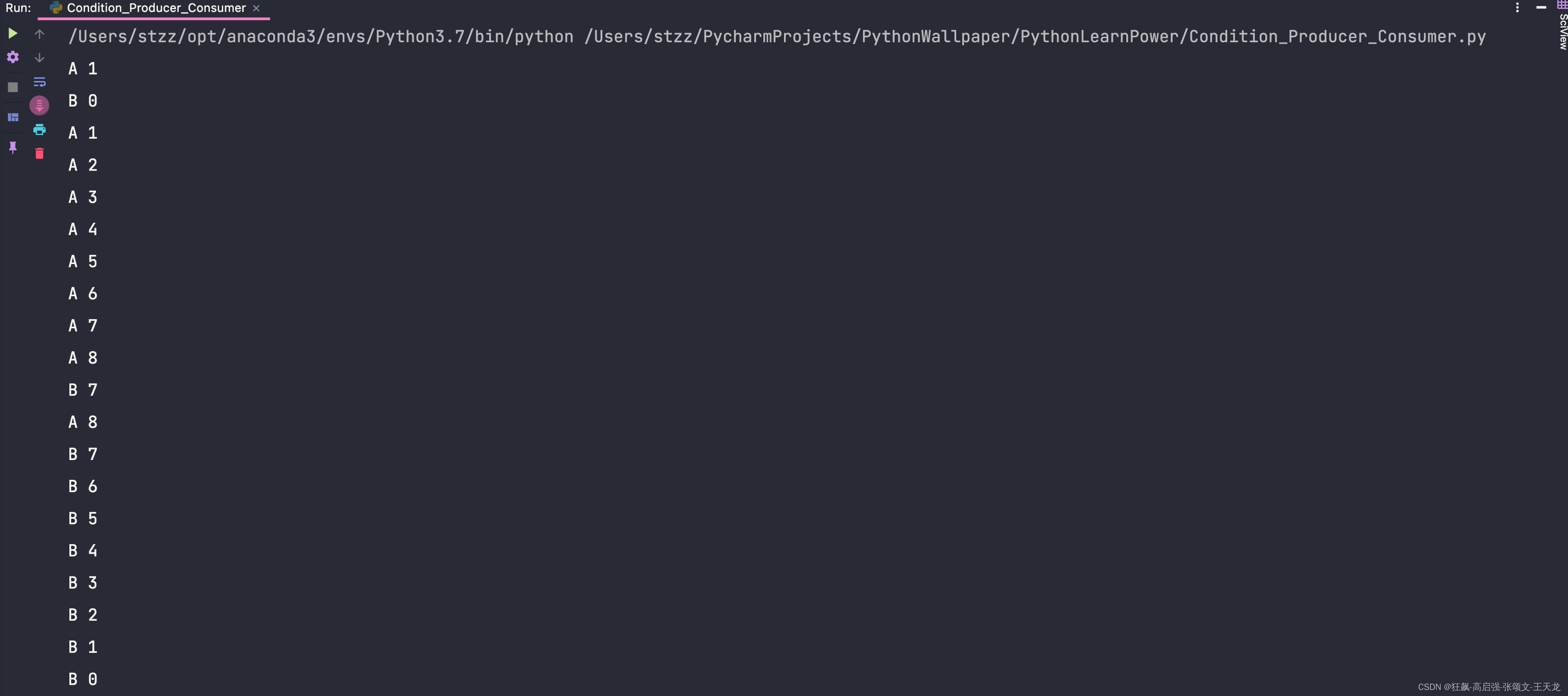
这时就出现了问题!!!
现在改用while进行判断
防止虚假唤醒:
import threading
from threading import Condition
class Data:
def __init__(self, cond, num):
self.num = num
self.cond = cond
def add(self):
self.cond: Condition = self.cond
self.cond.acquire()
# 这里采用了while进行判断,防止虚假唤醒
while self.num > 0:
self.cond.wait()
self.num += 1
print(threading.current_thread().getName(), self.num)
self.cond.notifyAll()
self.cond.release()
def decr(self):
self.cond: Condition = self.cond
self.cond.acquire()
# 这里采用了while进行判断,防止虚假唤醒
while self.num == 0:
self.cond.wait()
self.num -= 1
print(threading.current_thread().getName(), self.num)
self.cond.notifyAll()
self.cond.release()
if __name__ == '__main__':
cond = Condition()
num = 0
data = Data(cond, 0)
for i in range(10):
thread_add = threading.Thread(name="A", target=data.add)
thread_add.start()
for i in range(10):
thread_decr = threading.Thread(name="B", target=data.decr)
thread_decr.start()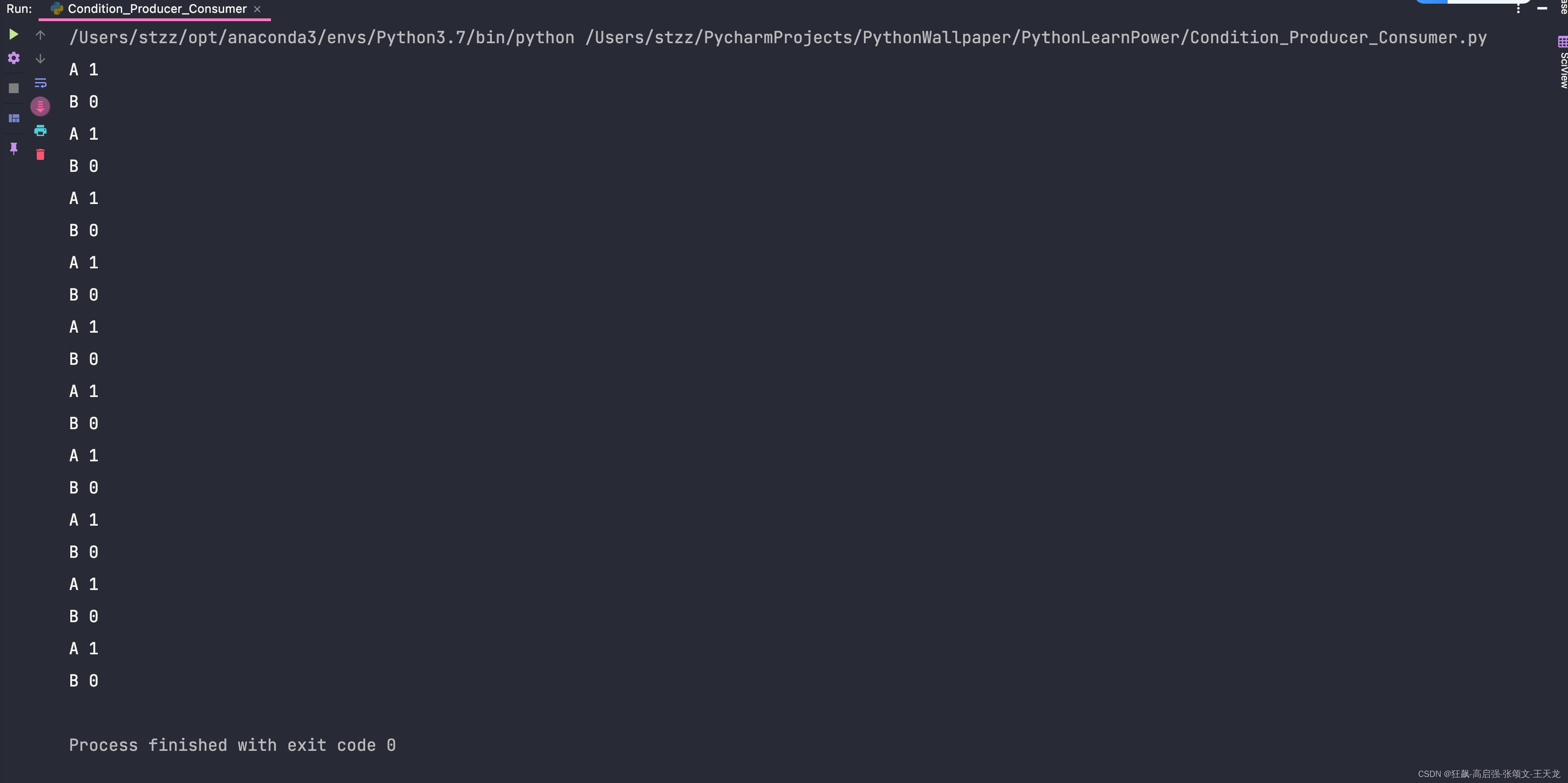
这个例子与上面的代码几乎没有差别,只是把if判断换成了while判断,所以每次萧炎和唐三醒过来之后都会再判断一下有没有苹果(唤醒自己的条件是否满足),如果不满足,就会继续睡下去,不会接着往下运行,从而避免了虚假唤醒。
总结
等待在一个条件上的线程被全部唤醒后会去竞争锁,所以这些线程会一个一个地去消费这个条件,等到后面的线程去消费这个条件时,条件可能已经不满足了,所以每个被唤醒的线程都需要再检查一次条件是否满足。如果不满足,应该继续睡下去;只有满足了才能往下执行。
到此这篇关于Python Thread虚假唤醒概念与防范详解的文章就介绍到这了,更多相关Python Thread虚假唤醒内容请搜索码农之家以前的文章或继续浏览下面的相关文章希望大家以后多多支持码农之家!

